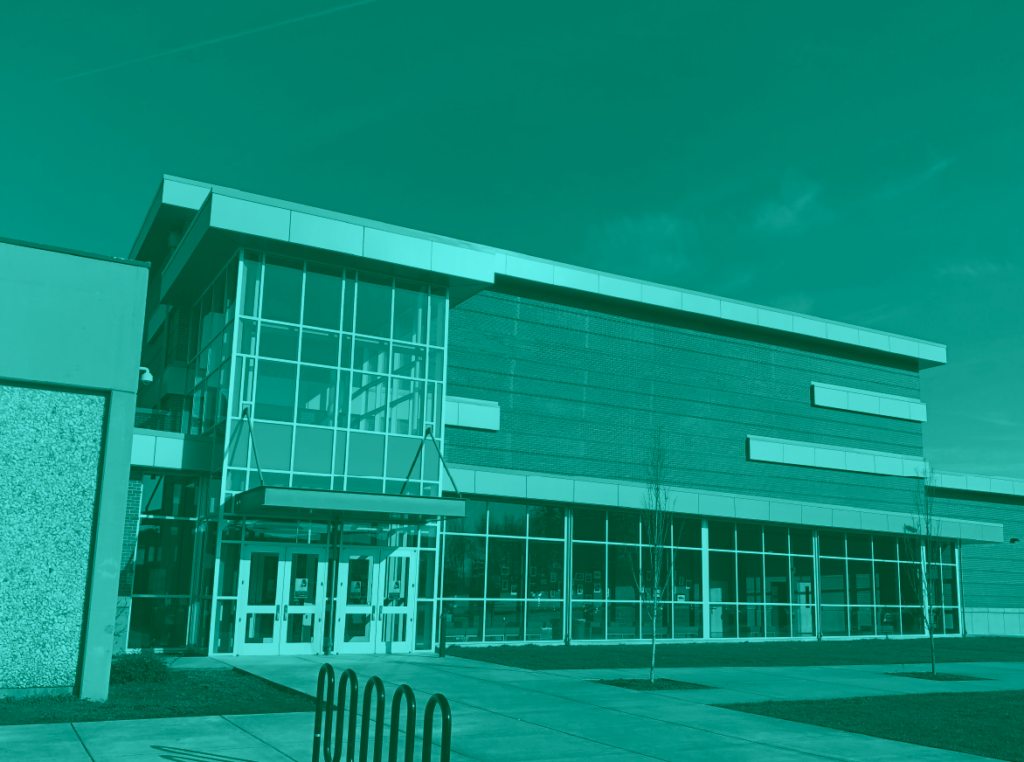With districts increasing attention and resources on student mental health for the new school year, what steps should they take to prepare? K-12 experts weigh in on who needs to “put their own oxygen masks on first,” before assisting students.
 Recent school closures are impacting districts nationwide. Not only are students feeling the effects of change in routine, but so are teachers, counselors, families, and communities.
Recent school closures are impacting districts nationwide. Not only are students feeling the effects of change in routine, but so are teachers, counselors, families, and communities.
School closures due to COVID-19 have impacted at least 124,000 schools and 55 million students. That’s nearly 97% of all schools and students nationwide.
In an effort to reach as many districts, administrators and teachers as possible with strategies to help address the impacts to our communities, Kognito held a series of timely panel discussions with K-12 subject matter experts.
The panels discussed a range of helpful topics at length, but there were some major themes that arose among all three groups.
-
COVID-19 Mental Health Impact on Students
We know COVID-19 will have a lasting impact. But we don’t know the extent of that impact, nor do we know how students’ mental health will be affected. The panel experts discussed the need to be prepared to support our students’ mental health now and as students return to the school system in the fall.
With this national crisis, our experts anticipate increases in the following among students:
- Anxiety
- Loneliness
- Sadness
- Grief
- Anxiety
- Trauma exposure
- Depression and suicidality
-
COVID-19 Mental Health Impact on Parents and Caregivers
It’s surprising at first to hear panel experts say that the mental health of parents has emerged as the top need. Upon further evaluation, it became apparent that before families are willing to engage with the curriculum, they need to feel supported.
The panel experts discussed the importance of addressing the basic needs of families first. The concept of Maslow before Bloom – ensuring a student’s basic needs are met so they feel ready to learn – applies to parents, too, especially in these unpredictable times.
If teachers are struggling to accept the role of caring for the mental health of parents in addition to students, it’s important to remember that they are supporting the student by supporting the parent. And building relationships with parents now helps them leverage these relationships later.
Multi-tiered Support Systems
Having an MTSS – Multi-tiered System of Support – in place early can help set districts up for success in connecting with and engaging families during the COVID-19 pandemic. With such a system in place, processes and connections are ready to engage to address even severe situations.
- Tier 1: Students who are able to be reached easily
- Tier 2: Students who require additional support to engage, like reaching out via counselors or another second level of support
- Tier 3: Students who are more challenging to reach and potentially involve severe situation, requiring specialized efforts
7 tips to supporting students and their families
- Try reaching out to students in new ways, like driving by just to say hello, calling to check in on them or with quick virtual welfare checks.
- Evaluate and approach each students’ needs on an individual level.
- Connect with neighborhood leaders who have relationships with families who are more difficult to reach.
- Provide after school programs or culturally based programs.
- Develop a system now for students coming back to school in the fall to be able to promptly respond to avoidant students or other more severe situations.
- Enroll parents in behavioral health training to help them cope with stress and anxiety.
- Teach parents how to understand the signs and symptoms of anxiety and stress in their students.
-
COVID-19 Mental Health Impact on Teachers and Staff
The mental health of teachers is a critical component to caring for and addressing the health of our students and communities. We ask so much of them already, and now they are tasked with not only coping with changes and uncertainty due to COVID-19, but with supporting their students through this crisis, too.
Supporting our educators
Teachers are on the front lines of recognizing and addressing the mental health of their students. So to support our students, it’s critical to care for teachers.
We cannot forget that, much like the recommendation made in airplane safety procedures, teachers need to “put their own masks on first before helping another with theirs.”
Online trauma-informed training like the simulations Kognito creates that help teachers understand the signs and effects of trauma on development of children and adolescents will be invaluable as school resumes in the fall.
-
Teamwork and communication
Education professionals all have a role in contributing to public health. But how can you get others to embrace their role and participate?
Enrolling others starts by being clear what each person’s role is and how their contribution matters. You can help your team understand their impact.
One factor shines as the most critical in this time of crisis, unlike any before now: Constant communication, collaboration and problem-solving with the community. Being open to constantly learning and responding quickly will set you up for continued success.
-
An opportunity to refocus on mental health
The experts outline the first mistake many made as a first response to COVID-19: Simply creating an online version of the curriculum to get it in the hands of parents as soon as possible.
But what has become apparent is the need to focus on what can be done differently right now – like supporting the mental health of teachers, counselors, and students alike.
There is an opportunity to teach health education and literacy. To be conscious of the cognitive load asked of teachers nationwide. Now is the time to reevaluate and be different as opposed to just doing what’s always been done.
Original source: https://kognito.com/blog/mental-health-impact-of-covid-19-on-schools